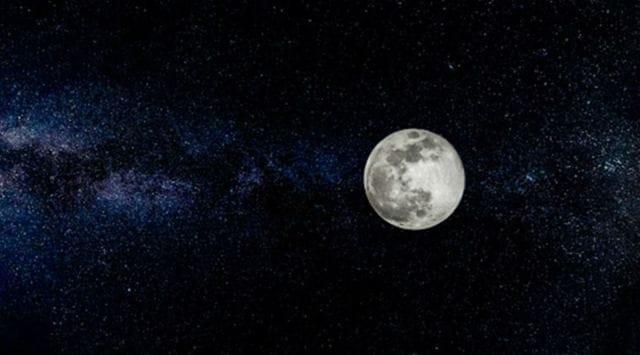
Why is International Moon Day celebrated on July 20?
July 20th marks an extraordinary event in human history – the day when humans first set foot on the moon. To commemorate this groundbreaking achievement, the United Nations declared July 20th as International Moon Day in 2021. This day serves as a reminder of the remarkable progress humanity has made in exploring space, particularly the moon. In this blog post, we will delve into the significance of International Moon Day and its celebration on July 20th.
A Brief History of the Apollo 11 Mission
On July 20, 1969, NASA’s Apollo 11 mission successfully landed on the surface of the moon. The mission was crewed by astronauts Neil Armstrong, Edwin “Buzz” Aldrin, and Michael Collins. Armstrong and Aldrin became the first humans to set foot on the moon’s surface, while Collins remained in orbit around the moon.
The Apollo 11 mission was a culmination of years of rigorous planning, testing, and training. It marked a historic moment in space exploration, demonstrating humanity’s capability to achieve the seemingly impossible. The mission’s success paved the way for future space exploration and inspired generations to pursue careers in science, technology, engineering, and mathematics (STEM).
The Significance of International Moon Day
International Moon Day is an opportunity to acknowledge the collective progress of all nations in exploring the moon. The day is not only a tribute to the Apollo 11 mission but also a celebration of the scientific and technological advancements that have enabled humans to venture into space.
The United Nations declared International Moon Day in 2021, following a proposal by the Committee on the Peaceful Uses of Outer Space (COPUOS). COPUOS is a specialized committee responsible for promoting international cooperation in outer space. The committee’s decision to declare July 20th as International Moon Day was a recognition of the moon’s importance in human history and its potential for future scientific research and exploration.
Scientific Significance of the Moon
The moon has been a source of fascination for humans since ancient times. Its gravitational pull has a significant impact on the Earth’s tides, and it is also a key factor in the Earth’s rotation and stability. The moon’s surface is composed of a variety of rocks and minerals, offering valuable insights into the Earth’s geological history.
The moon’s proximity to the Earth makes it an ideal location for scientific research and exploration. Space agencies and research institutions around the world have conducted numerous missions to the moon, gathering valuable data and samples that have helped scientists better understand the moon’s composition, geology, and history.
Future of Moon Exploration
While the Apollo 11 mission marked a significant milestone in human spaceflight, the moon remains a fascinating and complex celestial body. In recent years, there has been a renewed interest in moon exploration, driven by advances in technology and the discovery of water ice on the moon’s surface.
Several countries, including the United States, China, and India, have plans to return humans to the moon in the near future. NASA’s Artemis program aims to return humans to the moon by 2024, with the ultimate goal of establishing a sustainable human presence on the lunar surface.
Conclusion
International Moon Day is a celebration of humanity’s remarkable achievements in space exploration, particularly the Apollo 11 mission. The day serves as a reminder of the collective progress of all nations in exploring the moon and the significance of the moon in human history.
As we look to the future, International Moon Day provides an opportunity to reflect on the importance of space exploration and the potential for future scientific research and discovery on the moon. By acknowledging the achievements of the past and looking towards the challenges of the future, we can continue to inspire generations to pursue careers in STEM and push the boundaries of human knowledge.
References:
https://www.un.org/en/observances/moon-day
Note: The news source provided at the end of the blog post is the official United Nations webpage for International Moon Day.






